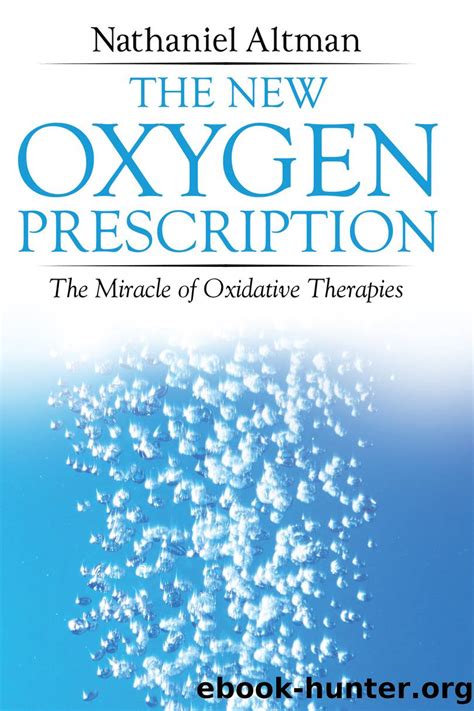A Quote by Peter Singer
If a being suffers there can be no moral justification for refusing to take that suffering into consideration. No matter what the nature of the being, the principle of equality requires that its suffering be counted equally with the like suffering - insofar as rough comparisons can be made - of any other being. So the limit of sentience is the only defensible boundary of concern for the interests of others. To mark this boundary by some other characteristic like intelligence or rationality would be to mark it in an arbitrary manner. Why not choose some other characteristic, like skin color?
Quote Topics
Any
Arbitrary
Being
Boundary
Characteristic
Choose
Color
Comparisons
Concern
Consideration
Counted
Equality
Equally
Intelligence
Interests
Justification
Like
Limit
Made
Manner
Mark
Matter
Moral
Nature
No Matter What
Only
Other
Others
Principle
Rationality
Refusing
Requires
Rough
Skin
Skin Color
Some
Suffering
Suffers
Take
Why
Why Not
Would
Would Be
Related Quotes
There is much suffering in the world - physical, material, mental. The suffering of some can be blamed on the greed of others. The material and physical suffering is suffering from hunger, from homelessness, from all kinds of diseases. But the greatest suffering is being lonely, feeling unloved, having no one. I have come more and more to realize that it is being unwanted that is the worst disease that any human being can ever experience.
And why are you so firmly, so triumphantly, convinced that only the normal and the positive--in other words, only what is conducive to welfare--is for the advantage of man? Is not reason in error as regards advantage? Does not man, perhaps, love something besides well-being? Perhaps he is just as fond of suffering? Perhaps suffering is just as great a benefit to him as well-being? Man is sometimes extraordinarily, passionately, in love with suffering, and that is a fact.
Although other animals cannot reason nor speak the way humans do, this does not give us the right to do with them as we like. Even though our supposed possession of a soul and superior intelligence are used to create an arbitrary dividing line over rights, the fact remains that all animals have the capacity to experience pain and suffering, and in suffering they are our equals.
It is critical to realize that underlying the extermination of nature is the marginalization of human beings. If we are to save what is wild, what is irreparable and majestic in nature, then we will ironically have to turn to each other and take care of all the human beings here on Earth. There is no boundary that will protect an environment from a suffering humanity.
Whether I affect one person or an entire family, or even a group of people, I feel like I have resources and education and ability and skills that some people may not be fortunate enough to acquire. But by sharing and inquiring, being a listener, and being interested in the stories of other people and their lives, I can also pull things out and say "What can I do for them? What can I share with them that may alleviate some of their suffering?"
The essence of love and compassion is understanding, the ability to recognize the physical, material, and psychological suffering of others, to put ourselves "inside the skin" of the other. We "go inside" their body, feelings, and mental formations, and witness for ourselves their suffering. Shallow observation as an outsider is not enough to see their suffering. We must become one with the subject of our observation. When we are in contact with another's suffering, a feeling of compassion is born in us. Compassion means, literally, "to suffer with."
I like black for clothes, small items, and jewelry. It's a color that can't be violated by any other colors. A color that simply keeps being itself. A color that sinks more somberly than any other color, yet asserts itself more than all other colors. It's a passionate gallant color. Anything is wonderful if it transcends things rather than being halfway.
It would be nonsense to say that it was not in the interests of a stone to be kicked along the road...A stone has no interests because it cannot suffer. The capacity for suffering and enjoyment is, however, not only necessary, but also sufficient for us to say that a being has interests - at an absolute minimum, an interest in not suffering. A mouse, for example, does have an interest in not being kicked along the road because it will suffer if it is.







































